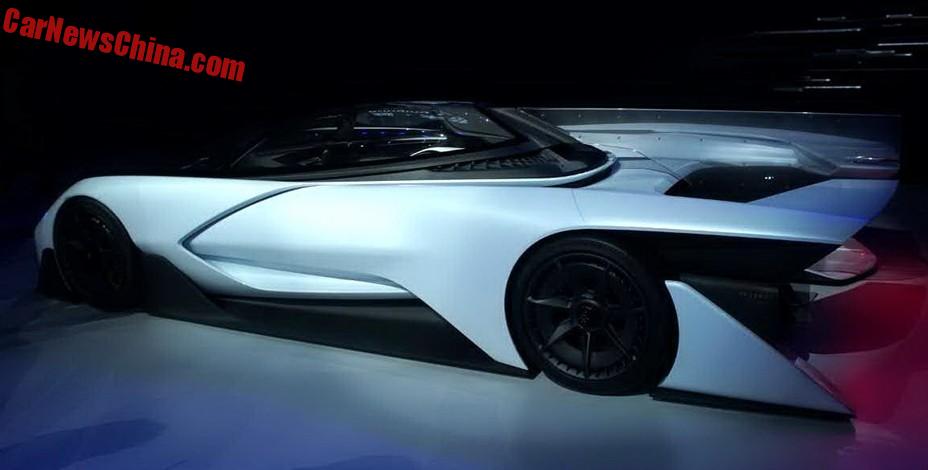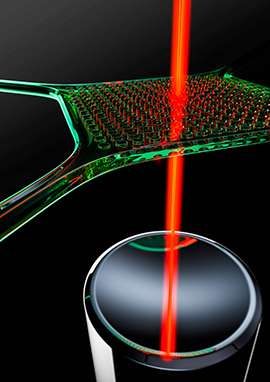I do love Nvidia!
During the past nine months, an Nvidia engineering team built a self-driving car with one camera, one Drive-PX embedded computer and only 72 hours of training data. Nvidia published an academic preprint of the results of the DAVE2 project entitled End to End Learning for Self-Driving Cars on arXiv.org hosted by the Cornell Research Library.
The Nvidia project called DAVE2 is named after a 10-year-old Defense Advanced Research Projects Agency (DARPA) project known as DARPA Autonomous Vehicle (DAVE). Although neural networks and autonomous vehicles seem like a just-invented-now technology, researchers such as Google’s Geoffrey Hinton, Facebook’s Yann Lecune and the University of Montreal’s Yoshua Bengio have collaboratively researched this branch of artificial intelligence for more than two decades. And the DARPA DAVE project application of neural network-based autonomous vehicles was preceded by the ALVINN project developed at Carnegie Mellon in 1989. What has changed is GPUs have made building on their research economically feasible.
Neural networks and image recognition applications such as self-driving cars have exploded recently for two reasons. First, Graphical Processing Units (GPU) used to render graphics in mobile phones became powerful and inexpensive. GPUs densely packed onto board-level supercomputers are very good at solving massively parallel neural network problems and are inexpensive enough for every AI researcher and software developer to buy. Second, large, labeled image datasets have become available to train massively parallel neural networks implemented on GPUs to see and perceive the world of objects captured by cameras.







